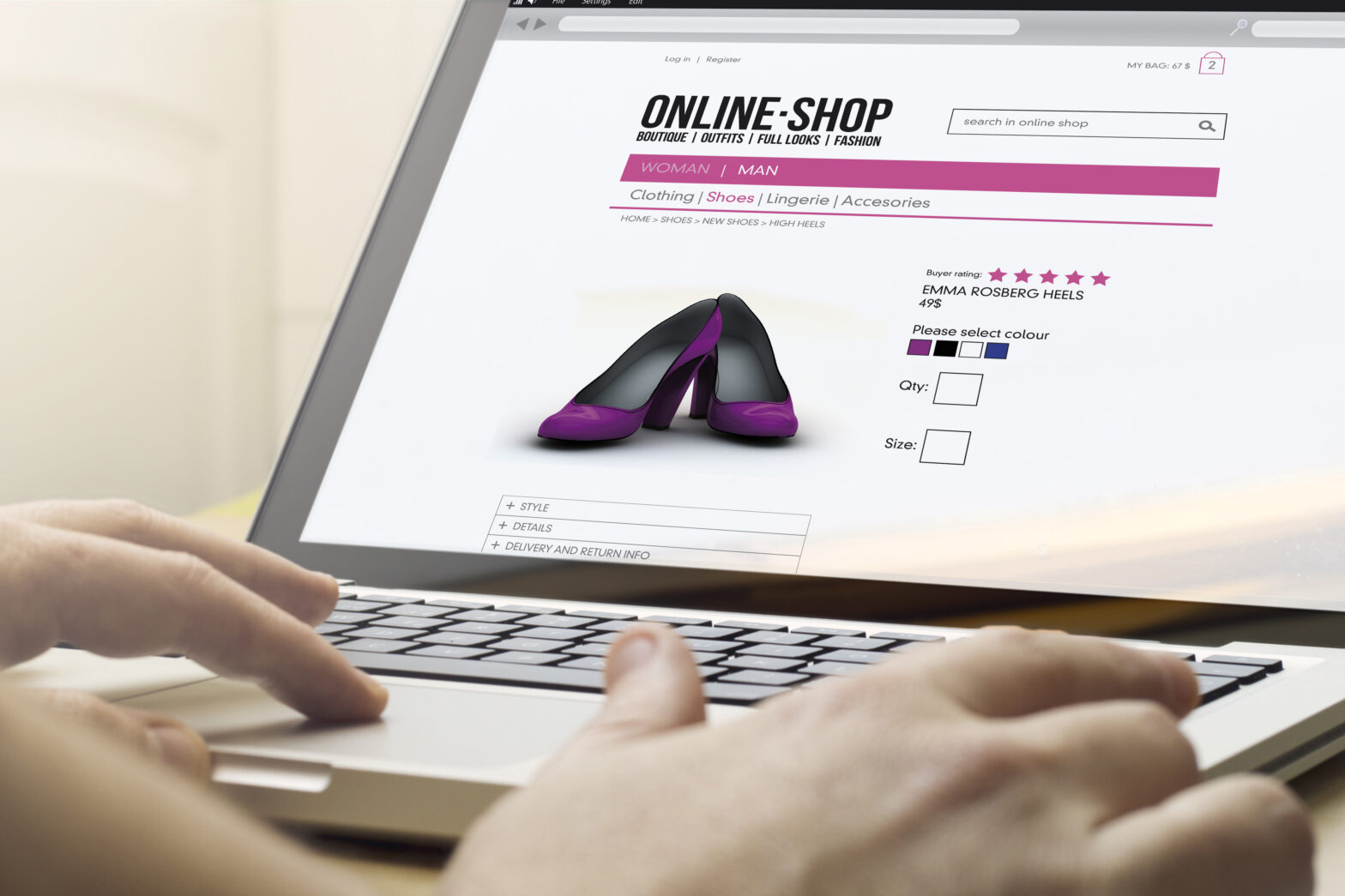Here are some top tips that can help you start out in e-commerce safely, from SmallBusiness.co.uk and Chris Barling, CEO of e-commerce software supplier Actinic and co-author of ‘Selling Successfully Online’:
Focus on your product
Don’t worry too much about implementing the latest cutting-edge technology and don’t let fantastic design overshadow your business objectives. Your site will need to be accessible and user-friendly, but without a product or service that customers want and are willing to buy online, you will find it difficult to make sales.
Let the world know
For your business to be profitable, people have to know about it. Find out where and how people are looking for your types of product.
What keywords do they search for? Sites that can help you include www.searchenginewatch.com, www.wordtracker.com and www.webmasterworld.com.
Offline marketing like advertising, PR or direct mail can also help in promoting your online venture.
Remember your existing customers
Existing customers are your best customers. Encourage them to return to your site by making special offers and letting them know what you are doing. Try email newsletters and loyalty schemes.
Sell from the second they arrive
Once someone arrives at your site, marketing is over and selling begins. Leave the smooth talk out, and make it easy to find your products. Have a clear link like ‘Shop Here’. Depending on your business, you might want to think twice before asking people to register before they can browse. Remember you can get their name and address when they order.
Think about payments and hosting
You can download orders and process payments through a credit card or debit card terminal, but banks increasingly frown on this. It is better to use an online payment provider.
You may also want to offer alternative options that do not involve a credit card such as paying by cheque.
Make arrangements for shipping
Shipping is not as daunting as you might think. Many merchants ship abroad without any problems and there are many specialist firms to help. The big boys are UPS, Fedex, DHL and ParcelForce. Try to get advice and recommendations from other businesses that use shipping already.
Comply with the EU Distance Selling Directive
Under the Distance Selling Directive, you must provide full contact details including address and phone number. This helps build trust. You must also accept goods for return for any reason within seven working days. Tell your customers, ‘We comply with the following legal and tax regulations’.
Get your tax right
If you are VAT registered, you should charge VAT at your usual rate when selling to the EU. But if you exceed the individual VAT threshold for Germany, France and so on then you should charge VAT at the appropriate country rate when selling into that country. If your customer is a non-Irish business in the EU and registered for VAT, you should allow them to quote their VAT number and be exempted from tax. It is always worth checking whether you are required to charge VAT for countries outside the EU as some may be exempt.
Avoid fraud
Fraud is a potential problem when selling online. Orders from certain countries are more prone to problems than others and it is worth doing some research first. If in doubt, stick to Western Europe and North America.
Look out for these indicators of possible fraudulent orders:
- Using the most expensive shipping method
- Choosing the most expensive products
- Using free email addresses such as Yahoo! or Hotmail
You can check if the customer and card details match by contacting your payment processor. You can ask for a faxed copy of the back of the credit card, or proof of name and address. And you can telephone to check that the phone number is genuine. Most fraudsters give up at the first hurdle.
Ecommerce is growing rapidly, while conventional retail is at best static. Expanding online could help you reach more customers and offers an easy way for them to make payments for your products or services.
See also: Eight essential tips for setting up an e-commerce site




